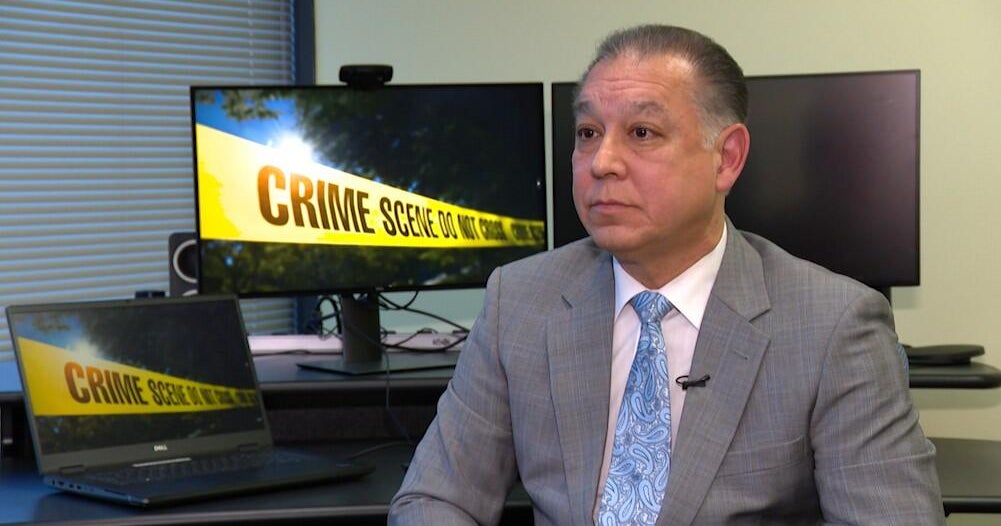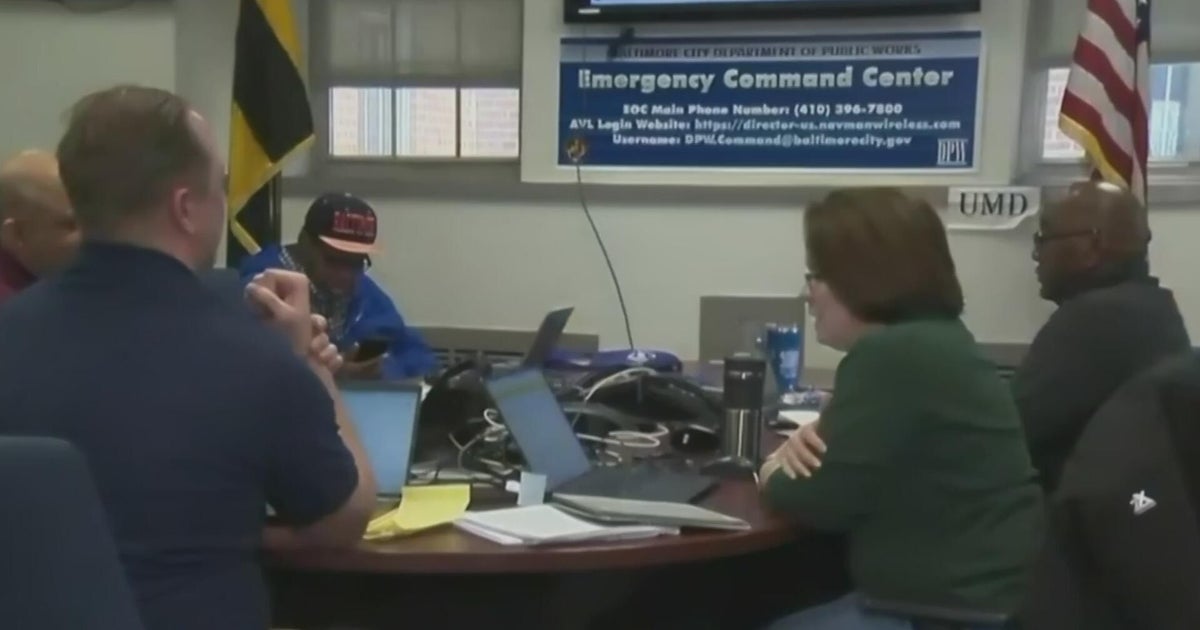How To Spot & Avoid Cyber Extortion
FORT WORTH (CBS 11 NEWS) - Imagine logging on to your computer and finding all your files frozen. A screen pops up demanding that you pay someone to unlock your computer. It sounds crazy but it's actually happening to people all over the country.
"All of a sudden this screen came up that said your computer is locked you've got to pay a fine," says Kathy Neary. Neary says someone was threatening to arrest her if she did not pay $200.
Jim McGrath got a similar pop up on his screen. Computer kidnappers wanted $60 to unlock his files. "I felt I was being scammed," says McGrath.
Neary and McGrath are victims of cyber extortion - the latest computer crime sweeping the country.
"It is very common. It is rampant right now," explains Dr. Suku Nair, Chair of Southern Methodist University's Department of Computer Science and Engineering.
Dr. Nair says at some point, victims of cyber extortion have clicked on an infected website or email. Cyber thieves have unleashed malware on their computers. The messages that pop up may appear to be from a software company saying they have a virus. Or, worse yet, the message may look like it is from law enforcement.
Neary's message appeared to be from The Federal Bureau of Investigation. It claimed she'd violated federal law.
"Theft, intimidation stalking all the things you've seen on the street in the past has gone digital," says Senior Special Agent Jeff Shaffer of the United States Secret Service. Shaffer works in the North Texas Electronic Crimes Task Force. He says agents nationwide have traced this activity overseas.
"There have been people that have been identified. We'll work with our overseas offices and foreign police to try to bring them to justice."
The Federal Bureau of Investigation's Internet Crime Complaint Center reports being "inundated" with complaints. You can read more about it on the FBI website.
Dr. Nair says this is a growing crime. "There was a case study I saw a couple of weeks ago which estimates it is $117 million they make in a year."
McGrath tried for hours to free his computer but he eventually paid. "I worry that they may still have access to my computer."
Neary refused to give in but had to call her software company to free her files. "I'm still not 100% sure that it's completely clear."
So what should you do? Our experts say always back up your computer files. And, keep your antivirus software up to date.
If this does happen to you, immediately disconnect your internet connection. Check your anti-virus software and see if you can clear the problem. And if not, this is one of those times where you may need to call in an expert.







